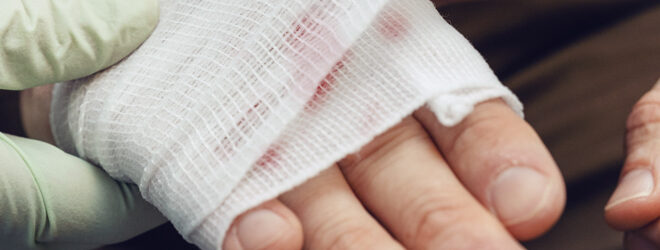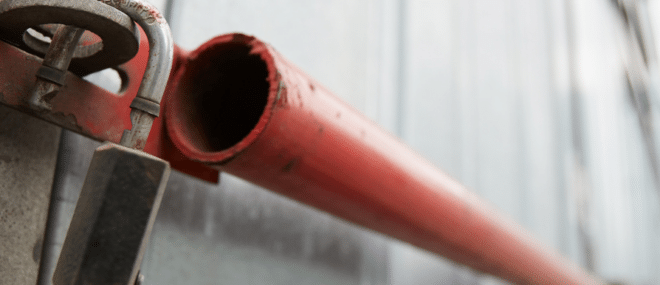Computer systems, especially laptops, are prime targets for theft because of their small size and portability. Almost all businesses depend on computers to some extent and the business interruption due to a stolen computer is at the very least inconvenient and can be significant. Even if a stolen computer is immediately replaced, it may be difficult to restore the data if adequate precautions have not been taken. As well, the data may contain personal or confidential information that could be used for fraudulent purposes.
To reduce the risk of theft, it is highly recommended that businesses implement and enforce a strict computer policy with specific attention given to laptops. It is common for computers to be stolen without signs of forced entry or during regular business hours. Computer security is simple common sense. Treating a laptop as if it is cash is a good way to think about it – you wouldn’t leave a pile of cash on your car seat nor should you leave your laptop unattended. By following a few simple rules you can greatly improve your computer security.
Laptop Computers
- Keep a record of your laptop details such as the make, model, and serial number of the computer.
- At the office or business, secure the laptop with a steel cable lock.
- Do not leave the computer on a desk or otherwise visible after hours.
- To carry the laptop, use an ordinary-looking bag, such as a briefcase.
- Never leave a laptop in the passenger compartment of an unattended vehicle. The trunk is better and the laptop can be secured with a cable lock to a permanent part of the vehicle for additional protection.
- Keep the laptop near you at all times. Do not leave it visible in your hotel or in an unattended meeting room.
- When travelling, never check a laptop as luggage. It may be stolen or seriously damaged by rough handling.
- At off-site meetings, make sure that all laptops are protected during breaks and the room is locked when unattended.
Desktop computers
Desktop computers should be secured with one or several of the following devices:
- Steel cable locks – secured to hard-to-move objects such as desks and cabinets
- Enclosures – the computer is locked into the enclosure that is secured to a desk or cabinet
- Lockdown plates – to secure a computer to a desktop
- Alarm systems – motion alarms attached directly to a computer
Server computers
This new and very important class of computers is the result of the huge development of computer networks that are considered mission critical systems. Unfortunately, the physical security is usually neglected or improperly implemented. Serious attention should be given to the physical security requirements of the server room.
Data backups
Data should be backed up on a regular basis on all your computers. A copy of the backup should be kept off-premises. This may be the only way to restore your data in the event your computer is stolen.




